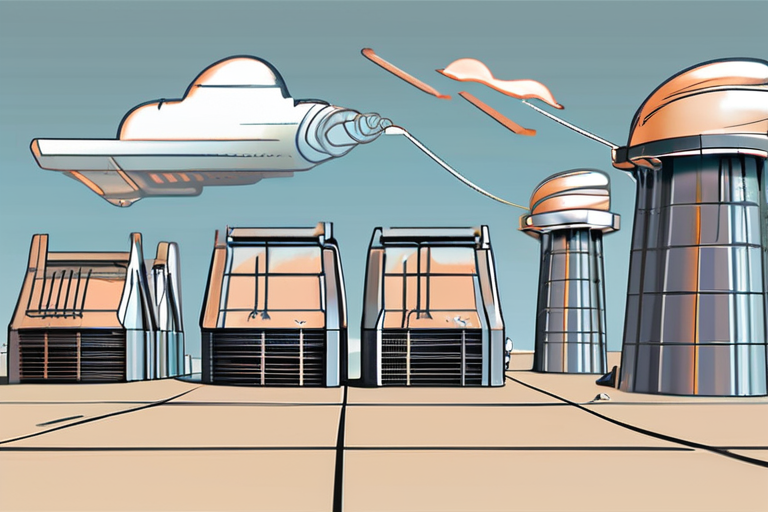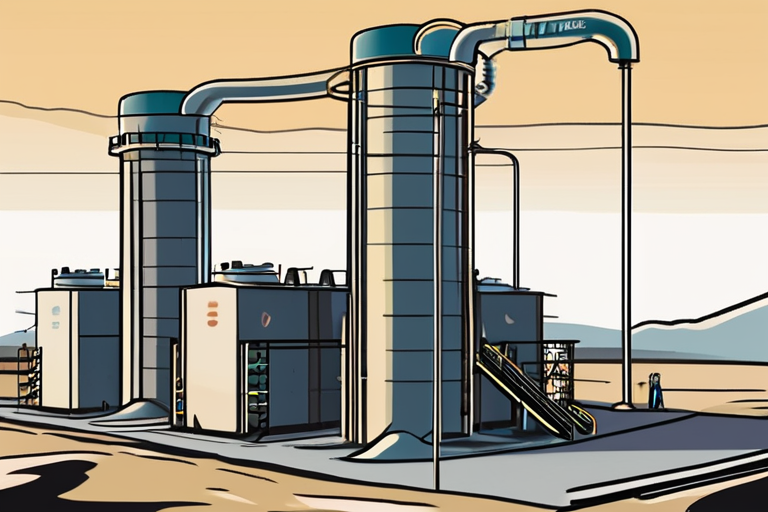Boeing has signed a deal with startup Charm Industrial to remove 100,000 metric tons of carbon from the atmosphere. The agreement marks a significant step in the aviation industry's efforts to reduce its carbon footprint, as Charm collects agricultural and forestry waste and uses heat to turn it into a product it calls bio-oil, a messy jumble of hydrocarbons that it injects underground, including into former oil wells. Once sequestered, Charm can sell carbon removal credits to companies.
According to Axios, which first reported on the startup's deal with Boeing, the financial terms of the agreement were not disclosed. However, the partnership highlights the growing importance of carbon removal in the aviation sector, which has made little progress in cutting its carbon emissions. Aviation companies are now searching for alternatives to sustainable aviation fuels, with carbon removal emerging as a contender given its potential to cost less than transitioning to these fuels.
By 2050, one study found that the aviation industry will need to spend at least $60 billion on carbon offsets to reach net-zero emissions. Charm's technology has the potential to play a significant role in achieving this goal, as it can produce biochar, a substance that when applied to farm fields can help boost soil productivity. However, these efforts are still in their infancy, according to data from carbon removal registry Isometric.
"We're thrilled to be working with Boeing to help reduce their carbon footprint," said Charm Industrial's CEO, Lorcan O'Mahoney. "Our technology has the potential to make a significant impact in the aviation industry, and we're excited to be at the forefront of this effort."
The deal with Boeing marks a significant milestone for Charm Industrial, which has already sold 112,000 carbon removal credits to Frontier, an advanced airline, two years ago. The company's technology has the potential to make a significant impact in the aviation industry, which is under pressure to reduce its carbon emissions.
The aviation industry's reliance on fossil fuels has led to significant greenhouse gas emissions, with the sector accounting for around 2.5% of global emissions. However, the industry has made little progress in cutting its carbon footprint, with some estimates suggesting that it will take significant investment to achieve net-zero emissions by 2050.
In addition to its partnership with Boeing, Charm Industrial is also exploring other opportunities to scale its technology and make a greater impact in the aviation industry. The company's technology has the potential to be used in a variety of applications, from carbon removal to soil enhancement, and its partnership with Boeing is just the beginning of its efforts to make a significant impact in the sector.
As the aviation industry continues to grapple with its carbon footprint, companies like Charm Industrial are emerging as key players in the effort to reduce emissions. With its innovative technology and growing partnerships, Charm is poised to play a significant role in shaping the future of the aviation industry.


























Share & Engage Share
Share this article